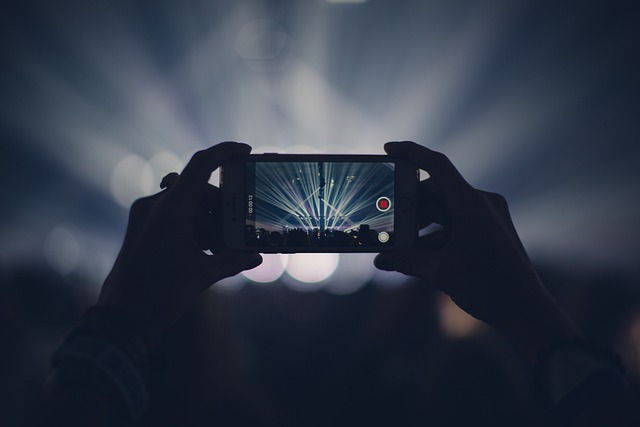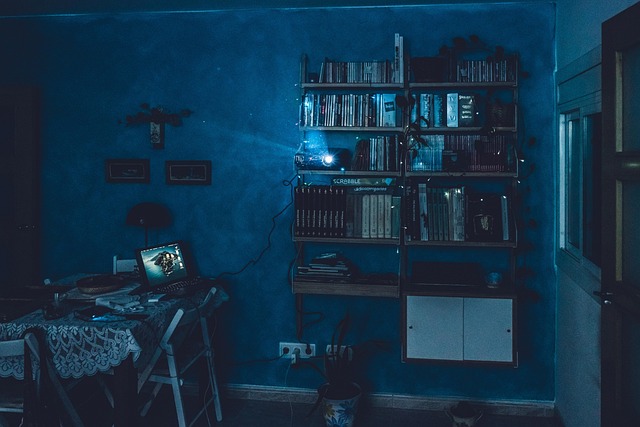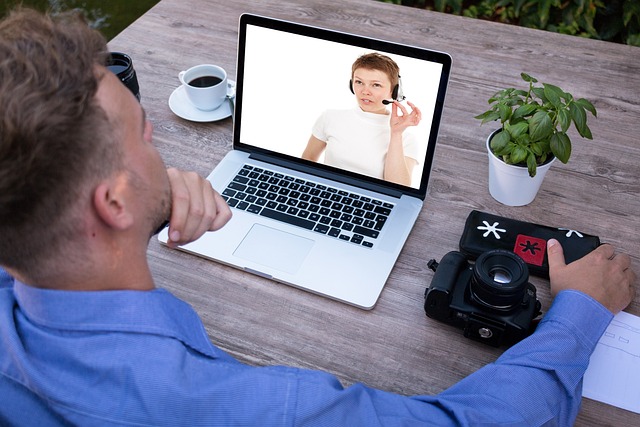In recent years, as online education has surged in popularity, the way we engage with learning materials has transformed dramatically. One of the most effective tools facilitating this change is video recording. With the ability to capture, share, and revisit important lessons, video recording has emerged as a key instrument in knowledge building for students around the globe.
Imagine sitting in an online class, a sea of information is presented in a short amount of time. It’s easy to feel overwhelmed and lose focus. However, when video recording is utilized, those moments are no longer lost. Students can rewind, pause, and replay lectures at their own pace, enabling them to absorb complex concepts that might initially seem daunting. This flexibility not only supports diverse learning styles but also empowers students to take charge of their educational journey.
Furthermore, video recording has the innate ability to foster a deeper connection between instructors and learners. Through recorded lectures, educators can convey not just knowledge, but also enthusiasm and passion. When students can see a teacher’s expressions and hear their intonation, it brings the learning experience to life, turning a solitary online session into a more engaging and relatable event. This human touch is vital in building an inclusive community of learners.
Additionally, video recordings can be leveraged as a collaborative resource. In an online education environment where students come from varied backgrounds, shared recorded sessions can serve as a vital tool for peer learning. When students review recorded lectures together, they can foster discussions that enhance their understanding. This collaborative dissecting of video content leads to a richer knowledge building process, empowering everyone involved.
The use of video recording also opens up opportunities for active learning techniques. Educators can assign video reflections, where students can capture their thoughts and queries after watching a lesson. This practice encourages critical thinking and self-assessment—two essential components of effective education. By sharing these recordings with the class, students can form a discourse around the material, further solidifying their own knowledge while contributing to their peers’ learning experiences.
Moreover, for educators, embracing video recording can be a game changer. The ability to create a repository of lessons allows for easier adaptation of materials and a more personalized approach to teaching. Instructors can regularly update their recordings to reflect changes in course content or improve upon past lessons. This agility not only enriches the course material but also fosters a culture of continuous improvement in teaching methodologies.
As we venture further into the digital age, it is clear that video recording is not just a supplement to traditional learning; it is becoming a cornerstone of modern education. By integrating video into the online educational framework, we open up a world of opportunities for knowledge building, creating a dynamic and engaging learning environment that empowers students and fosters comradery. The potential of video recording in online education is vast, and as we continue to explore its capabilities, we pave the way for a brighter, more connected future in learning.




